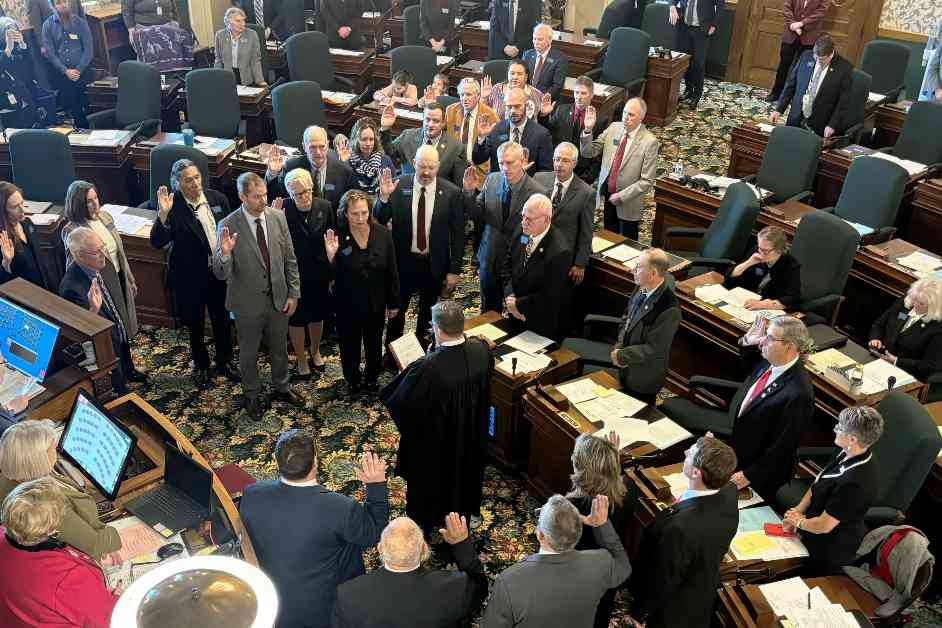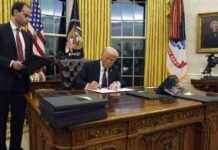Montana Legislature Debates Future of Medicaid Expansion
The fate of Montana’s Medicaid expansion program hangs in the balance as the 2025 state legislature gears up for what is expected to be a contentious and pivotal debate. The program, which currently covers the medical bills of over 75,000 low-income Montanans at an annual cost of around $1 billion to federal and state governments, faces uncertainty due to a recent last-minute change.
Political Tensions and Stakes
The looming Medicaid expansion debate has sparked intense discussions among legislative leaders from both parties. State Sen. Dennis Lenz, a Billings Republican, highlighted the interconnectedness of this issue with other health policy decisions, such as funding for Montana’s behavioral health system and hospital tax-exempt status regulation. Despite a statewide vote affirming abortion rights in November, GOP lawmakers are expected to continue pursuing abortion restrictions.
Governor’s Role and Proposed Changes
With a Republican governor, Greg Gianforte, at the helm and support for Medicaid expansion in his proposed budget, the future of the program remains uncertain. Gianforte’s administration has advocated for “strong work requirements” for able-bodied adults without dependents participating in the program. However, GOP legislative leaders remain skeptical, emphasizing the need for additional conditions for enrollees and providers.
Debate Over Medicaid Expansion
Republican Rep. Ed Buttrey plans to sponsor a bill to reauthorize Medicaid expansion without an expiration date, but many conservative lawmakers remain unconvinced of the program’s necessity. Democrats argue that Medicaid expansion has been instrumental in providing coverage for low-income individuals, sustaining rural health care providers, and boosting Montana’s economy with federal funding. The ongoing debate underscores the broader implications for the state’s healthcare system and financial landscape.
As the legislature convenes to address these critical issues, the future of Medicaid expansion and its impact on Montanans’ access to healthcare hang in the balance. The decisions made in the coming months will have far-reaching consequences for the state’s residents and healthcare providers, setting the stage for a pivotal legislative session.

















